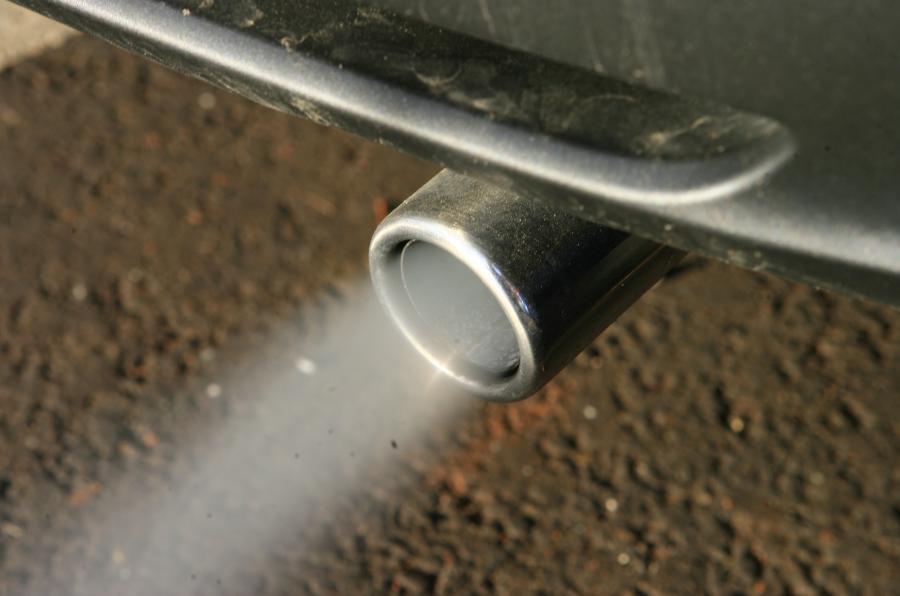The European Union (EU) has agreed to cut carbon emissions from cars by 37.5% within a decade.
The new targets are part of a wide EU push to reduce total greenhouse gas emissions by 40% by 2030, but there has long been a divide between lawmakers and countries with large car industries – particularly Germany – over the targets to set for car emissions.
The European Parliament agreed a compromise on Monday to set a 2030 target of reducing car emissions by 37.5% compared with 2021. Van emissions will be reduced by 31% over the same time frame. The EU Parliament had initially wanted a 40% cut, while the original EU executive proposal was a reduction of 30%.
The European Automobile Manufacturers Association (ACEA) last month warned that a then-planned target of a 35% reduction between 2021 and 2030 would force firms to focus on electric cars to meet the requirements. It added that this could have an impact on jobs as demand for locally produced combustion engines fell.
According to EU data, the average emission level of a new car sold in 2017 was 118.5g/km of CO2, a decrease of 22g/km from 2010 levels. The car industry had already been set a target to reduce emission levels to a fleet average of 95g/km by 2021 with fines of €95 (£85) for each g/km a fleet average is exceeded by.
The 2021 targets are reportedly already proving a challenge for some car firms to meet, particularly because the introduction of the tougher WLTP emissions test procedure has increased the recorded CO2 emissions of a number of vehicles.
The German automobile association (VDA) told Reuters that while the new legislation would set tough targets, it provided few incentives for drivers to switch to electric vehicles.
Last year, the ACEA said a then-planned emission reduction of 30% by 2030 was "overly aggressive".
Read more
Car makers fear impact of tough new emissions targets









Join the debate
Add your comment
Pollution doesn’t recognise
Pollution doesn’t recognise political borders. I’m worried that EU is simply outsourcing pollution to other countries here, because imported batteries etc won’t count towards official CO2 levels.
@ scrap
Thats a very fair point scrap, manufacture of batteries is a filthy, toxic business. Nothing green here.
The Germans are not that industrious........
Mr Fox, did you know that the new Berlin Airport, construction started 2006 was originally supposed to open in 2011 & will now probably open in 2020!! Not very industrious are they??? Almost as bad as us. (cross-rail delay, etc) At least we managed to get the Olympics done on time. (There's a hell of a lot of Red Tape in the EU)
By 2030